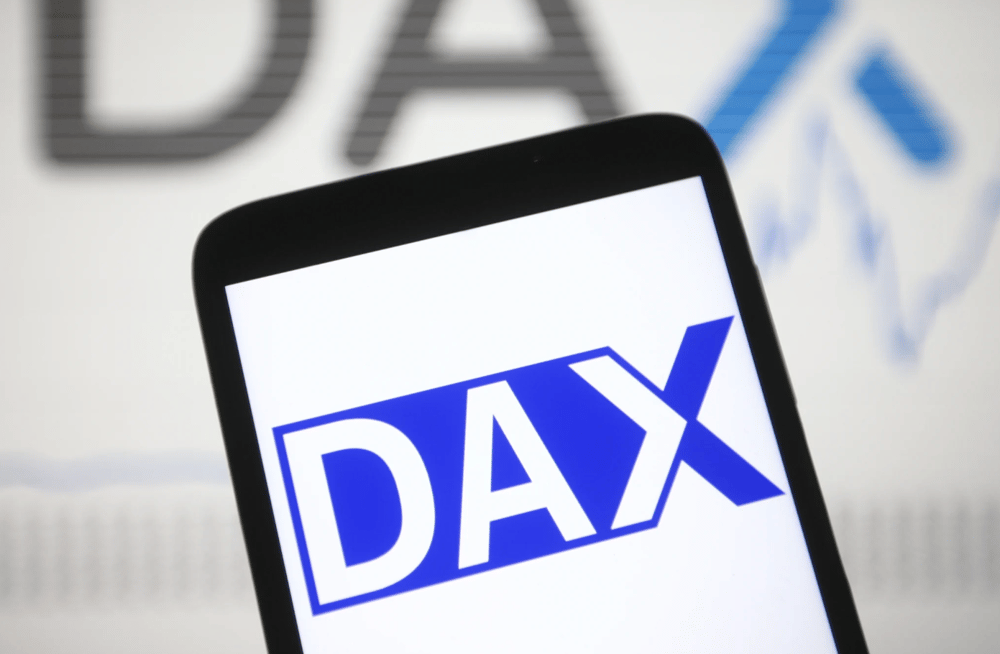European Markets Retreat Amid Middle East Tensions and Policy Uncertainty
European equities declined on Thursday as renewed tensions in the Middle East and looming central bank meetings weighed heavily on investor sentiment. The DAX fell by 0.7%, mirroring a similar decline in France's CAC 40, while the FTSE 100 $^FTSE slipped 0.4% in London. The downturn comes as market participants reassess geopolitical risks and their potential implications for global economic stability and monetary policy. The underlying trigger for the sell-off was heightened speculation that the United States (USD) might support Israeli airstrikes targeting Iranian nuclear and missile infrastructure, potentially escalating the already volatile situation in the region.
Trump’s Comments Stir Markets
During a press interaction on Wednesday, U.S. President Donald Trump refrained from offering clarity on whether Washington would support Israeli military actions. “I might do it. I might not. Nobody knows what I’m going to do”, he stated, adding, “Iran is facing a lot of problems and wants to negotiate”. His remarks injected additional uncertainty into markets already sensitive to global conflict dynamics. The remarks, while vague, revived investor fears of broader U.S. involvement in the region, prompting a flight to safety and a reduction in exposure to risk assets across European bourses.

Investor Caution Ahead of Monetary Policy Decisions
In parallel with geopolitical developments, investors remain focused on a string of upcoming central bank policy meetings, including decisions from the European Central Bank (ECB), the Federal Reserve (Fed), and the Bank of England (BoE). With inflation pressures still elevated in parts of the Eurozone, the trajectory of interest rates remains a pivotal concern.
The market's defensive posture reflects a broader hesitation to make aggressive bets ahead of any signals regarding policy direction, particularly in light of uncertain external shocks that could affect commodity prices, trade flows, and inflation expectations.

Market Pressure Intensified by Risk-Off Rotation
Amid the elevated uncertainty, investors turned to safer assets, driving moderate flows into government bonds and the U.S. dollar index (DXY). Equity outflows were especially pronounced in cyclical sectors sensitive to macroeconomic shifts and geopolitical disruptions.
Defense and aerospace stocks saw relative outperformance on rising defense-spending expectations;
Energy companies experienced mild gains as oil prices edged higher on supply concerns;
Technology and banking shares were among the session's notable laggards;
Safe-haven assets, including gold and U.S. Treasuries, attracted renewed interest.
Unless geopolitical risks ease, European equities may remain under pressure in the short term. Market dynamics are likely to be dictated by the interplay between macroeconomic indicators, central bank communication, and any escalation in military activity in the Middle East.















Comments
It's a stark reminder of how fragile global markets can be in the face of geopolitical turmoil.
It's disheartening to see how geopolitical tensions can shake market confidence so quickly.